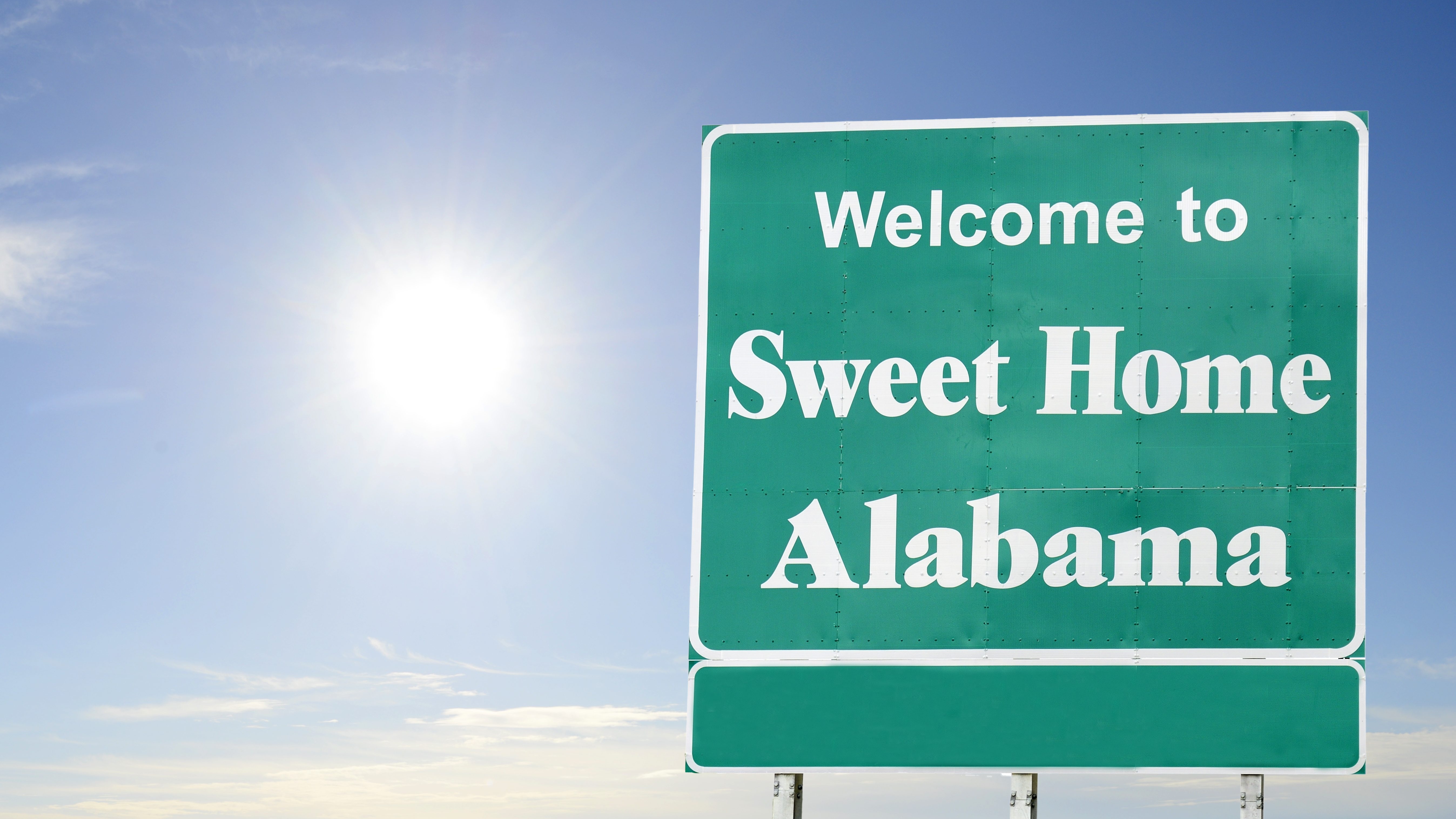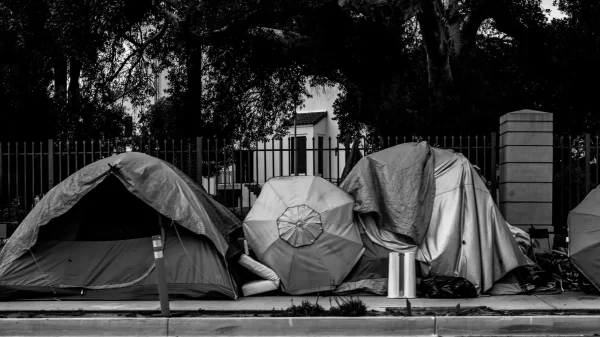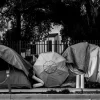With a vaccine in one hand and billions of dollars in federal relief in the other, Alabama is positioned to emerge from this pandemic stronger, healthier, and wiser. That’s good news because we’re more than ready. After over a year of fighting this virus through social distancing, sanitizing, and sacrifice, Alabama communities, businesses, schools, workers and families are eager to get back to pre-pandemic life. The bad news is it won’t happen overnight.
Like nearly every aspect of this pandemic, our recovery will take patience. To succeed, it will also take renewed focus, vision, and cooperation. Now is the time to shape our healthcare system, schools, and communities to avert, withstand, and overcome similar crises in the future. Fortunately, thanks to the American Rescue Plan (ARP), we have significant resources at our disposal. The challenge is to use them where they’re most needed and will make the greatest impact.
The coronavirus pushed Alabama’s already-struggling healthcare system to its limits. Rural hospital closures and a growing physician shortage meant too many struggled to access quality care at the very time that they needed it the most. Under the ARP, 17 community health centers across the state are receiving more than $92 million in total federal funding. In addition to supporting coronavirus vaccination and testing, these funds will support primary care services for vulnerable communities, infrastructure improvements, and the deployment of mobile units.
Coronavirus testing and vaccination initiatives are reaching out to individuals that may not regularly access primary care and wellness services. In turn, we now have a golden opportunity to deliver preventative care, wellness, and mental health services to traditionally underserved communities. In addition, while we bolster our physical healthcare infrastructure, we need to expand the talent pool by attracting and retaining top-notch doctors, nurses, and healthcare staff. Finally, it would be foolhardy, reckless, and downright irresponsible to continue to stubbornly refuse Medicaid expansion. Under the ARP, Alabama is eligible to receive $940 million in incentive payments, over two years, for expanding Medicaid to serve those making up to 138 percent of poverty wages.
There is no question that the interruption of learning had a negative impact at every level of education. The ARP provides $2 billion to Alabama public schools to address student learning loss and upgrade school infrastructure. In addition, the funds support important after-school and summer learning programs, mental health services, and students living in poverty, experiencing homelessness, learning English, or living with a disability. When it comes to recovering our system of education, we must meet students where they are and build upon what they lost. Remember, we’re facing an unprecedented situation. The abrupt end of in-person classes last spring coupled with the prolonged stress and uncertainty of the pandemic has impacted an entire generation of students. The traditional approach of one-size-fits-all remediation won’t work. We must focus on responsive intervention and meeting individualized needs to ensure Alabama’s young people are prepared for college and career success.
At the height of the pandemic, our local communities and small businesses weathered the brunt of the economic impact while main streets and downtowns stood vacant. The ARP provides roughly $4 billion in relief to state, county, and local governments, which according to the Congressional Budget Office, provides the biggest bang for the buck when it comes to economic relief. These funds can prove transformational in our poorer communities by supporting investments in water and sewer systems – investments that significantly boost the health and overall quality of life. Furthermore, we must work to pandemic-proof our local economies and communities by upgrading our broadband infrastructure to support access to e-commerce, remote learning, telemedicine, and more for all residents.
The vaccine and the ARP mark a major turning point in our battle against this virus. We now have the weapons to defeat the coronavirus and succeed in our public health and economic recovery. However, there’s still plenty of work ahead. The good news is Alabamians have never shied away from hard work. Now, we don’t just need to work hard, we need to work together and work smarter to build back better for all of Alabama.















































